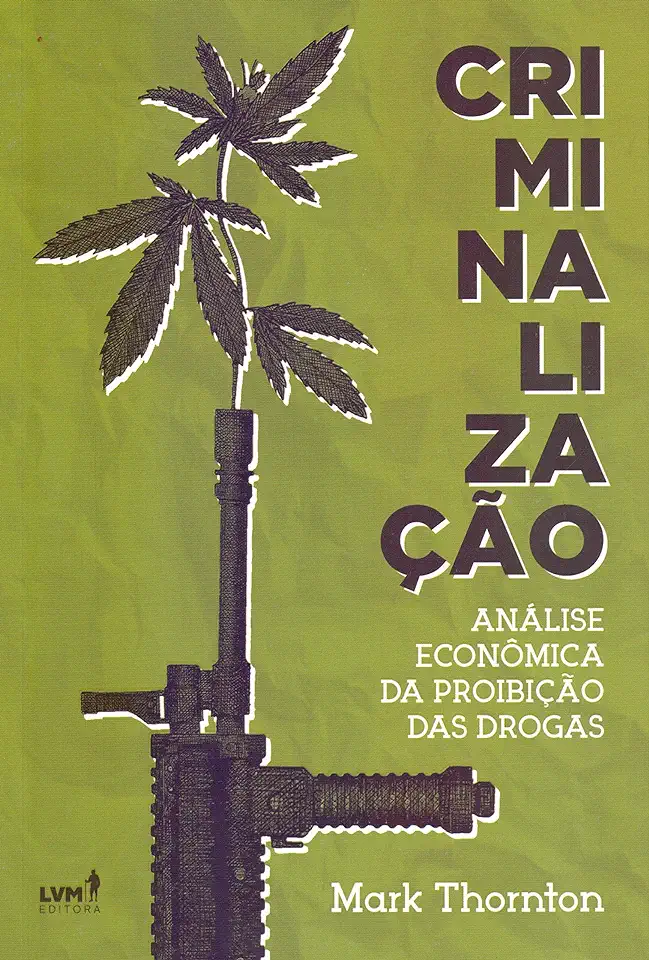
Criminalization - Thornton, Mark
Criminalization: The Political Economy of Law and Order
Introduction
In "Criminalization," Mark Thornton argues that the criminal justice system is not a neutral arbiter of justice, but rather a tool of the ruling class to maintain social control. He draws on a wealth of historical and contemporary evidence to show how the law has been used to criminalize poverty, dissent, and other forms of social deviance.
The Political Economy of Crime
Thornton begins by arguing that crime is not a natural phenomenon, but rather a product of social and economic conditions. He points to the fact that crime rates are highest in poor and marginalized communities, and that the vast majority of crimes are committed by people who are struggling to make ends meet.
Thornton also argues that the criminal justice system is biased against the poor and marginalized. He points to the fact that people of color are more likely to be arrested, convicted, and sentenced to prison than whites, even for the same crimes. He also argues that the bail system and other pretrial detention practices disproportionately impact the poor, who are often unable to afford to pay bail and are therefore forced to languish in jail for months or even years before their cases are even heard.
The Criminalization of Poverty
One of the most important contributions of "Criminalization" is Thornton's analysis of the criminalization of poverty. He argues that the criminal justice system is used to control and punish the poor, even though they are not responsible for the vast majority of crime.
Thornton points to a number of ways in which the criminal justice system criminalizes poverty. For example, he discusses how vagrancy laws are used to arrest and harass homeless people, and how loitering laws are used to target people who are simply hanging out in public spaces. He also discusses how the war on drugs has been used to disproportionately target people of color and poor people, even though drug use is not a major problem in these communities.
The Criminalization of Dissent
Thornton also argues that the criminal justice system is used to suppress dissent and political activism. He points to a number of cases in which people have been arrested and charged with crimes for simply expressing their opinions or engaging in peaceful protests.
Thornton argues that the criminalization of dissent is a serious threat to democracy. He argues that it is essential for a free and democratic society to allow people to express their opinions, even if those opinions are unpopular or controversial.
The Future of Criminal Justice
Thornton concludes "Criminalization" by calling for a radical transformation of the criminal justice system. He argues that the system is currently unjust and ineffective, and that it needs to be replaced with a system that is based on justice, equality, and compassion.
Thornton's book is a powerful and provocative indictment of the criminal justice system. It is a must-read for anyone who is interested in social justice and the future of democracy.
Why You Should Read This Book
"Criminalization" is a powerful and important book that will change the way you think about crime and the criminal justice system. It is a must-read for anyone who is interested in social justice, inequality, or the future of democracy.
Here are a few reasons why you should read "Criminalization":
- It is a well-researched and well-written book that is accessible to a wide range of readers.
- It provides a unique and insightful perspective on the criminal justice system.
- It is a call to action for a more just and equitable society.
If you are looking for a book that will challenge your assumptions and inspire you to think differently about the world, then "Criminalization" is the book for you.
Enjoyed the summary? Discover all the details and take your reading to the next level — [click here to view the book on Amazon!]